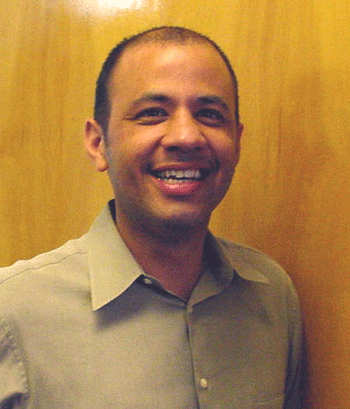Responsibilities at the Trauma Foundation
I arrived back in California from the Johns Hopkins School of Hygiene & Public Health with an MPH to go with my MD, and a 2-year Robert Wood Johnson Clinical Fellowship. When work on the HIV/AIDS epidemic did not come together, I followed a suggestion from a faculty member at JHU to check out the Trauma Foundation. In 1992, I did just that, meeting Andrew and Liz. Within a week, I was staff at the planning meeting of the yet-to-be-established Violence Prevention Initiative of The California Wellness Foundation. From there, I worked on the prevention of youth violence, and directed research at the Pacific Center for Violence Prevention. I attended an early meeting with staff of the Family Violence Prevention Fund around their health care initiative, and found my special calling: asking women themselves about domestic violence. In the literature, no one asked women about their experiences - what they wanted and needed, their ideas in their own voices. This was a turning point in my research career, and I have focused on the patient/survivor perspective ever since, particularly with underserved populations. I was on the Trauma Foundation payroll until 1996, when I became an assistant clinical professor in the Family Medicine department of UCSF. Then in 1998, I became an assistant professor in the research track. I stayed at UCSF until I was recruited by UCLA in 2001.
Liked most about the Trauma Foundation
Like most TF staff, I liked the people there, the community they created, their vision, their work, the mutual support, the mentoring. And sometimes the most painful episodes are the most important life-changing ones. In 1996, Andrew told me I needed to find my own funding. It was like being pushed out of the nest! The Trauma Foundation was there for me, but I had to find my own path. I landed on my feet in the Family Medicine department at UCSF, and my career continued from there.
Learnings still useful
Learnings that I grew up with - for example, from my aunt who was active with the farm workers - jelled at the Trauma Foundation. I refined my whole philosophy of clinical research and practice - to ask those people and communities who are most impacted by a problem what they see as possible solutions, and make policy from that. I learned lots about policy, how it shapes the way we do business, and the connection between media advocacy and policy advocacy. I learned to look at things in a continuum, how different people bring different skills, that the whole is a powerful force. I saw the power of people, how to lead and let many people take credit for success. I acknowledged my own limitations, and slowly but surely became a force for positive change.
Now
At UCLA, I hold the George F Kneller Endowed Chair in Family Medicine and am Vice-Chair for Research in the department. I came here at a good time, and was able to recruit change agents. We work to address violence, addiction, depression, pain control, management of chronic disease and drugs, and patient-provider communications, particularly in low income communities, many of which also have large immigrant and Latino communities, failing schools and minimum-wage jobs. I’m still a doctor seeing patients once a week at the Venice Family Clinic. And my wife and I have three children, so life is a challenging balancing act of family and work. I pay back the essential mentoring I received at the Trauma Foundation by helping to guide the next generation of family doctors and researchers at UCLA and beyond.
Contact
Replace "at" with "@" - we wish to thwart the spammers!
Email address: Mrodriguez at mednet.ucla.edu
5/11/10
